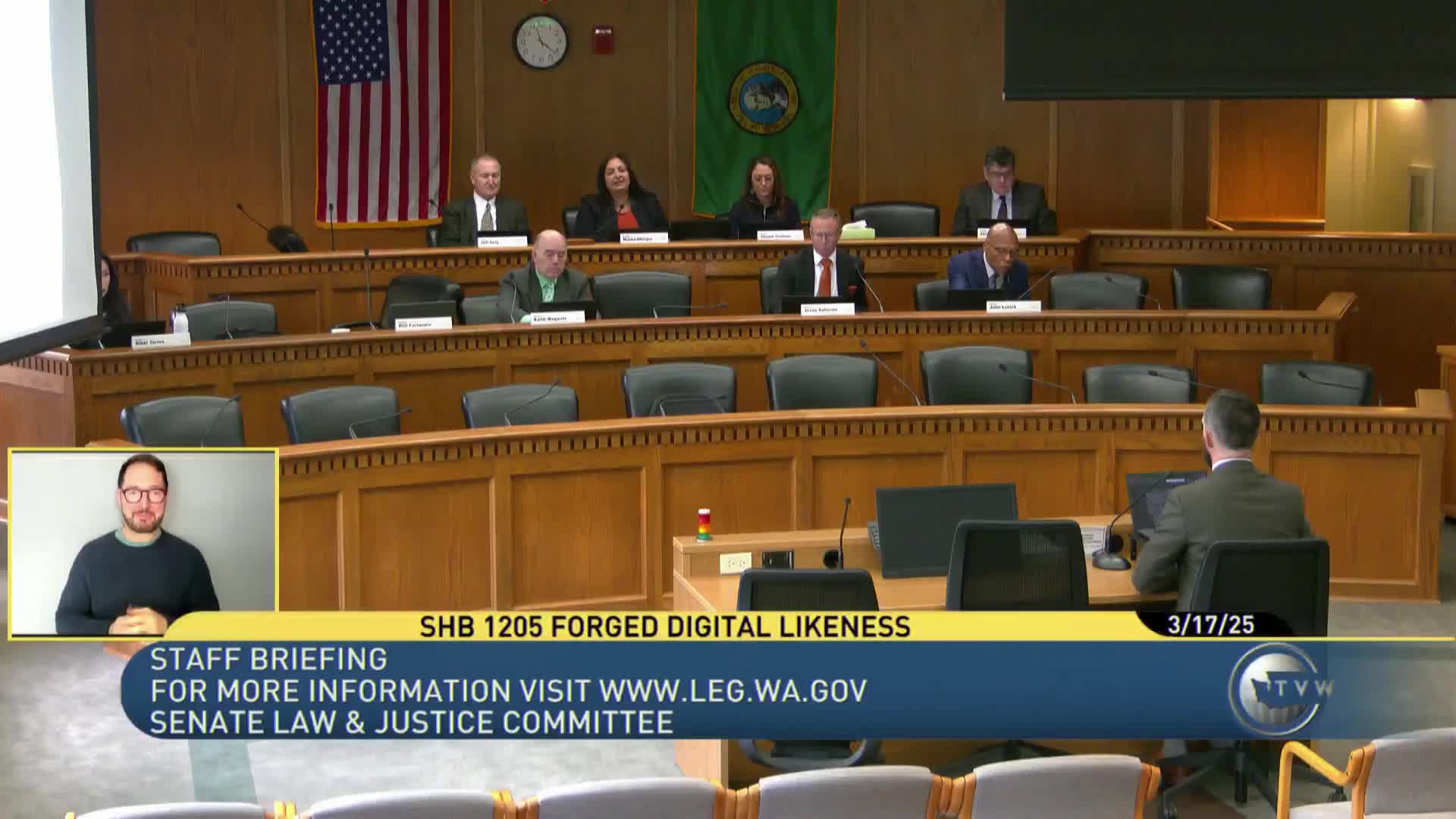Article not found
This article is no longer available. But don't worry—we've gathered other articles that discuss the same topic.
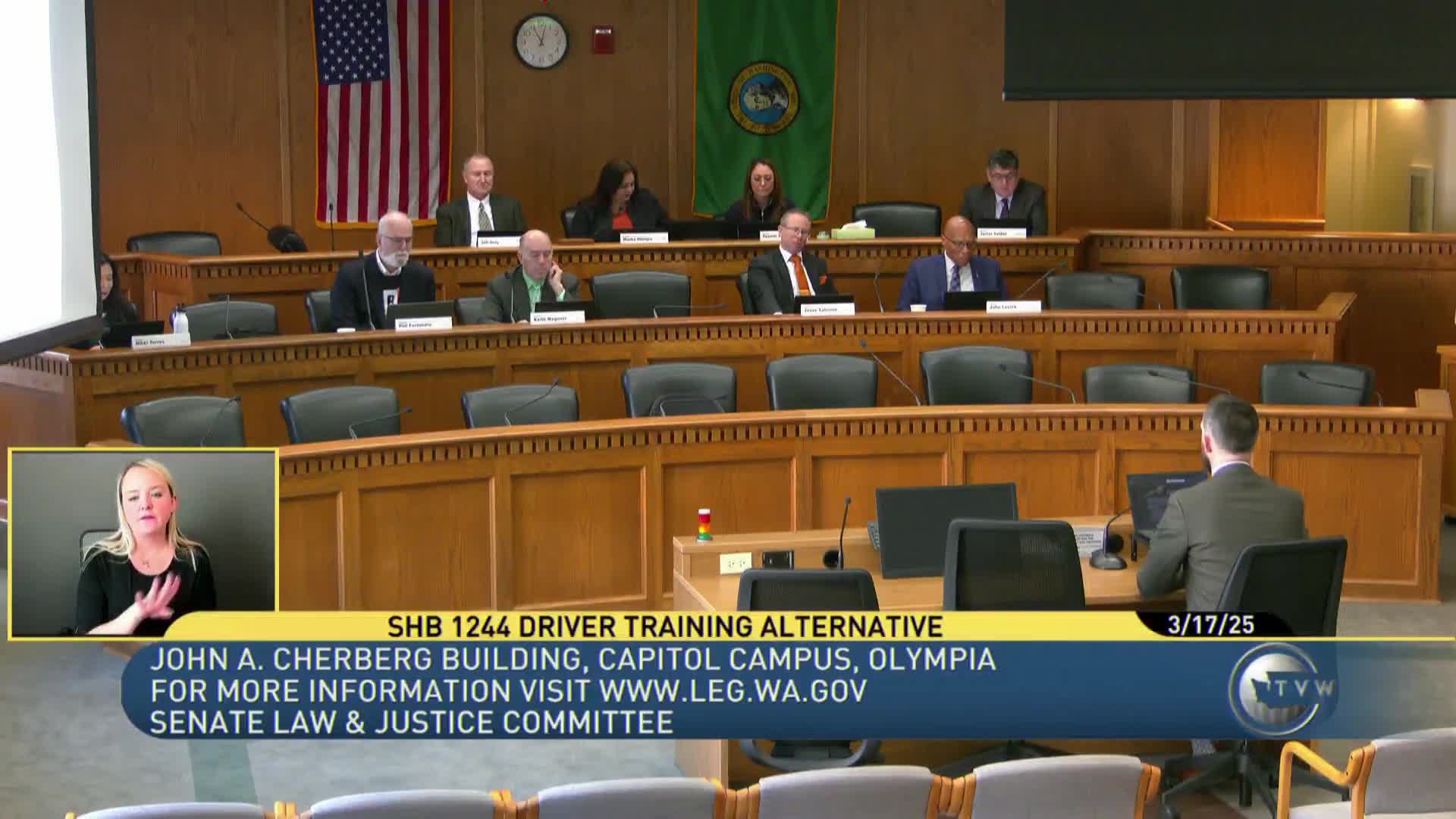
Substitute bill would let repeat-moving-violation drivers avoid suspension once by taking safety training
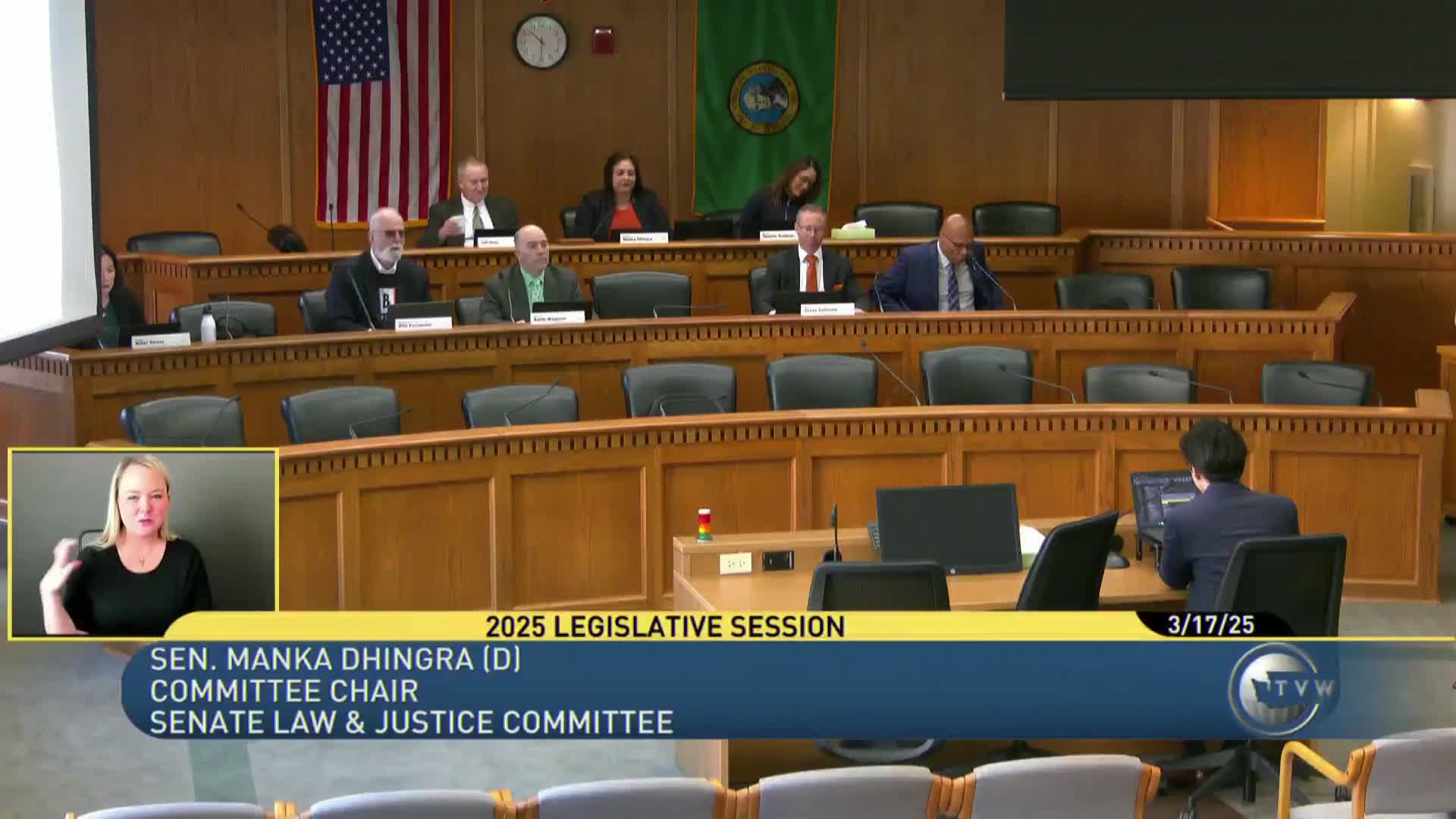
Committee hears bill to remove pregnancy exclusion from state advance directive model form
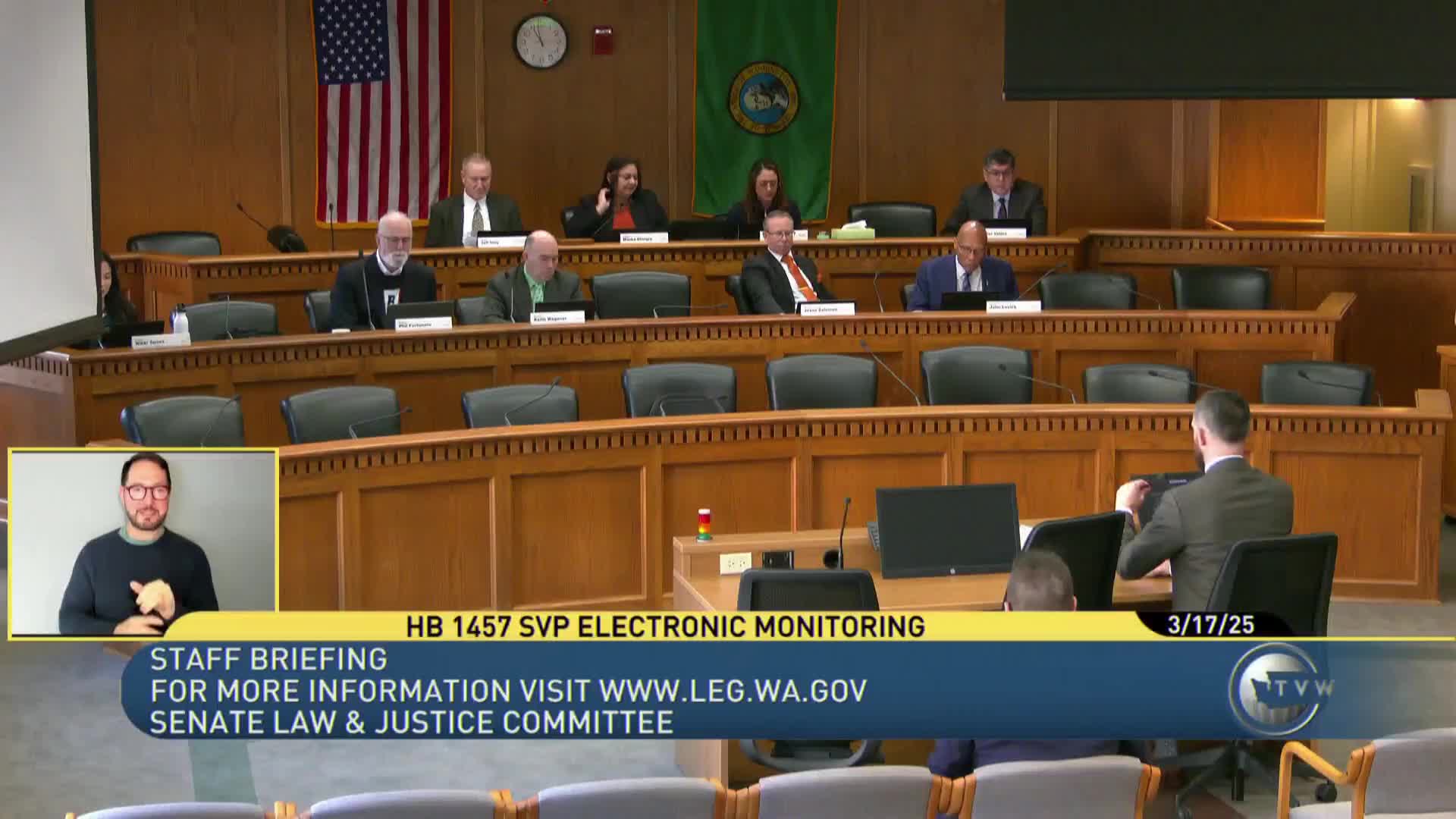
Bill would require electronic monitoring when sexually violent predators placed on less-restrictive release
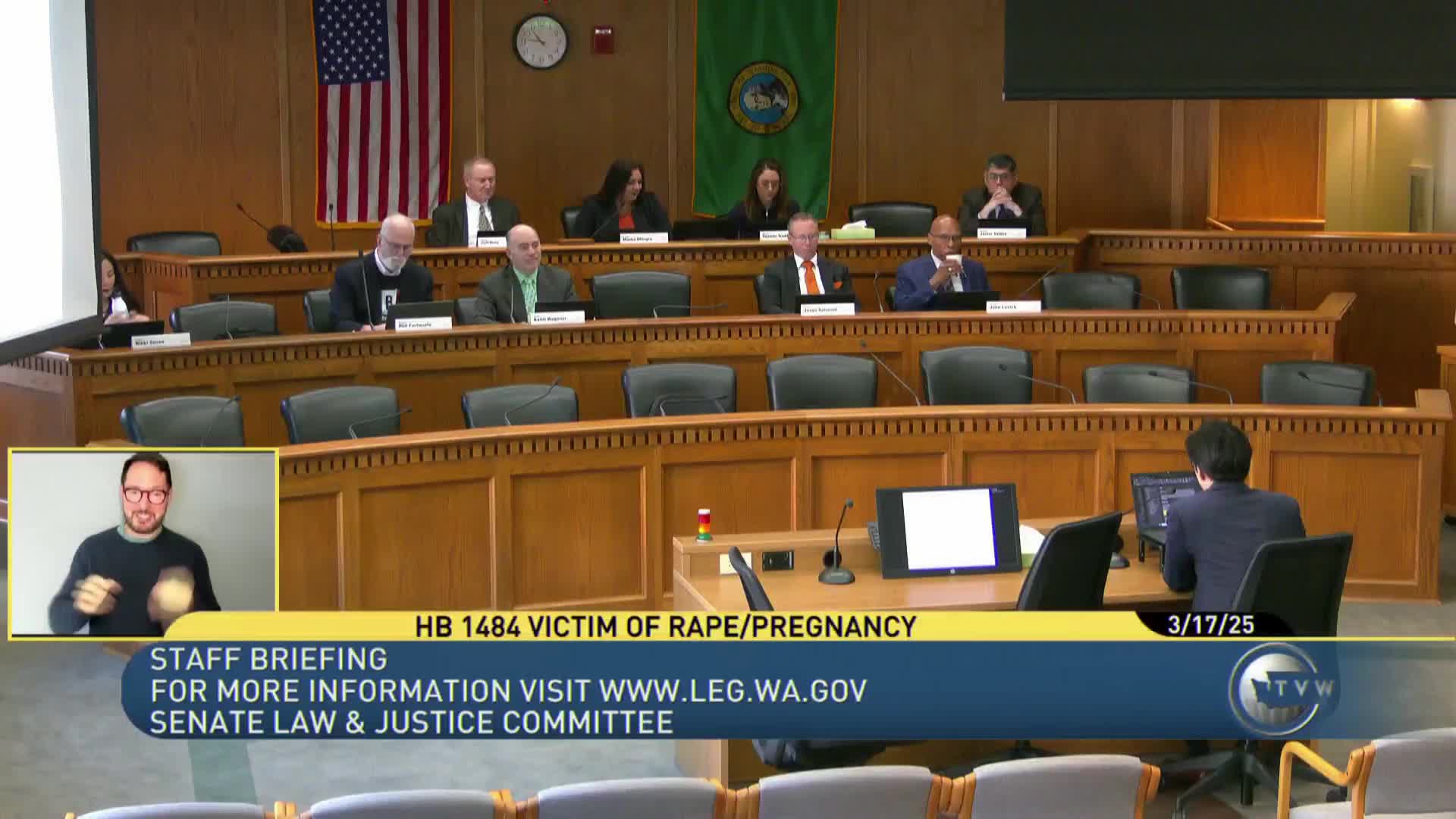
Bill would let courts treat pregnancy resulting from sexual assault as aggravator regardless of victim age
